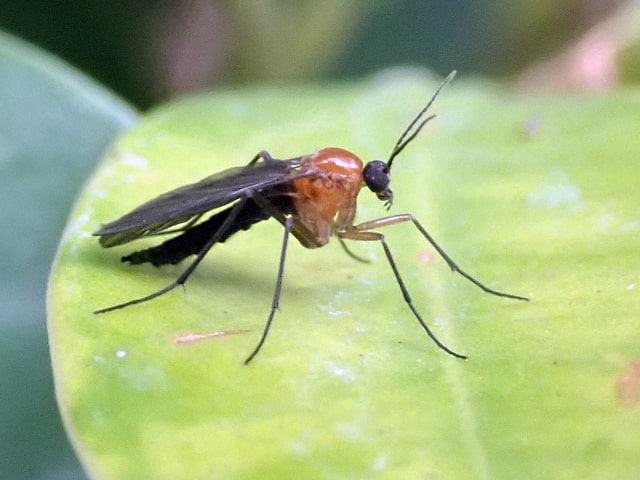
Fungus gnats can do a lot of damage to house plants. They enjoy the environment of soil and moisture often found in indoor plants. It's important to know how to recognize them and get rid of them.
What are Fungus Gnats
Fungus gnats are small black flies commonly find on plants grown indoors. These gnats are about 1/8 inch long when they are grown up and they have long antennae and legs. The larvae develops in the potting soil and it feeds on fungi (hence the name), as well as algae, plant roots and decaying matter.
They are not major plant pests but they can be very annoying, especially inside a house. Also, they can do some damage, for example, to make the plants stunted because larvae may feed on plant roots. However, this is usually a minor damage. It's important to know that these gnats are actually beneficial in the nature because of their role in the decomposition process. They help converting dead vegetation into nutrients for plant growth.
How to Control Fungus Gnats
One way to prevent them from attacking your plants is to water the plants from below, using sub-irrigation. This is a good method because the larvae are usually located in the to 2-3 inches of soil and they need moisture to feed. If the growing medium is dry, it will significantly decrease their survival. This is why keeping the soil dry can offer some control. However, this isn't always an option because many plants require soil to be moist.
Another thing you can do is to replant your houseplants to a new pot. Before you do it, prepare a new, sterilized potting mix and sterilize your pots.
Get rid of the old containers, especially if they contain rotting plant material, decayed bulbs, roots or other potential food sources for the gnats.
If you want to use chemicals, you need to know that what kills the adults usually doesn't kill the larvae. One way to go is to get rid of egg laying adults to reduce the larvae population. Many insecticides and biological control agents will work.
There are even some specialized substances, called "gnaticides", made specially for gnat control. Some people use organic neem oil. There are even those who use hydrogen peroxide but this method is not reliable. Whatever you do, keep in mind that spraying the plant is pointless: the eggs are laid directly in the soil so this is where you should attack and apply the chemicals.
Photo credit: Ian Jacobs
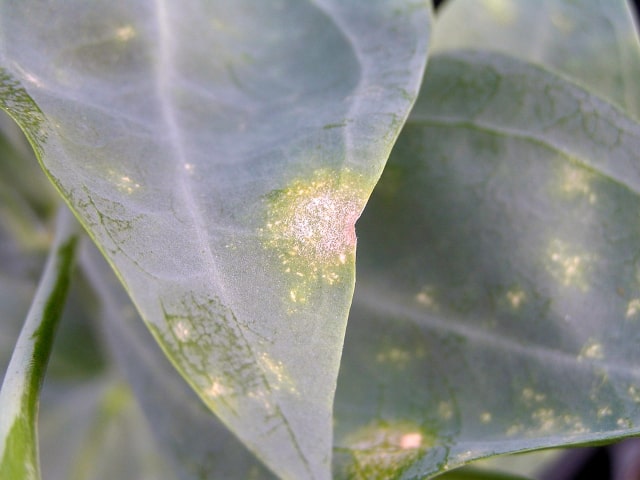
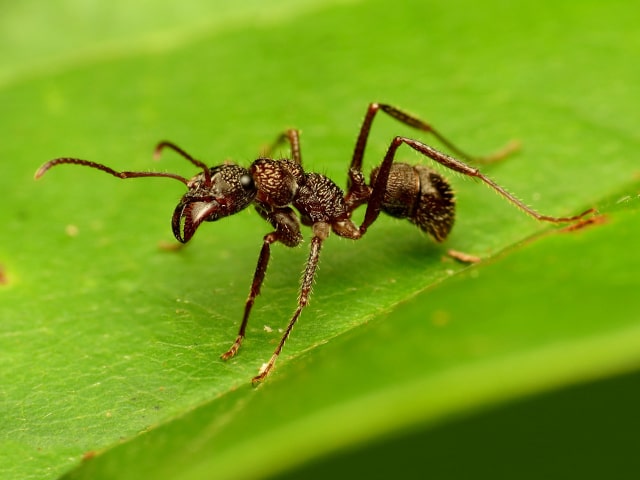
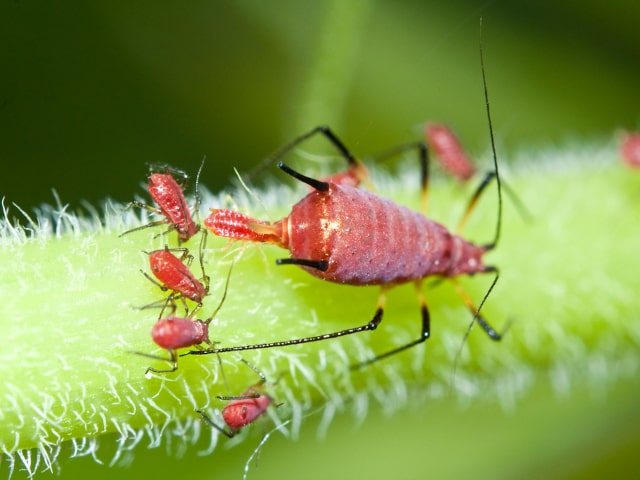
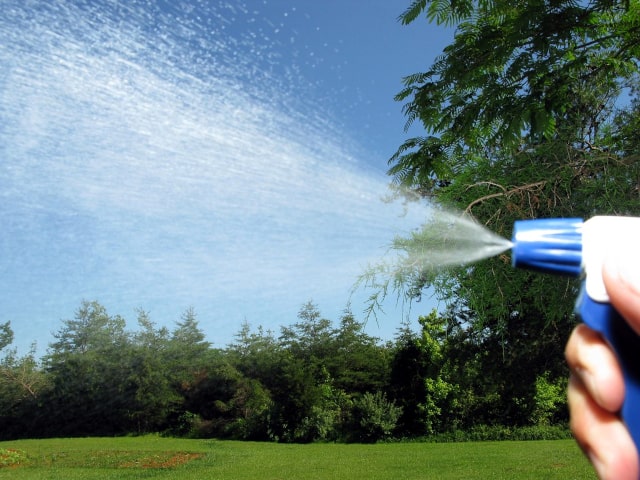
0 Comments